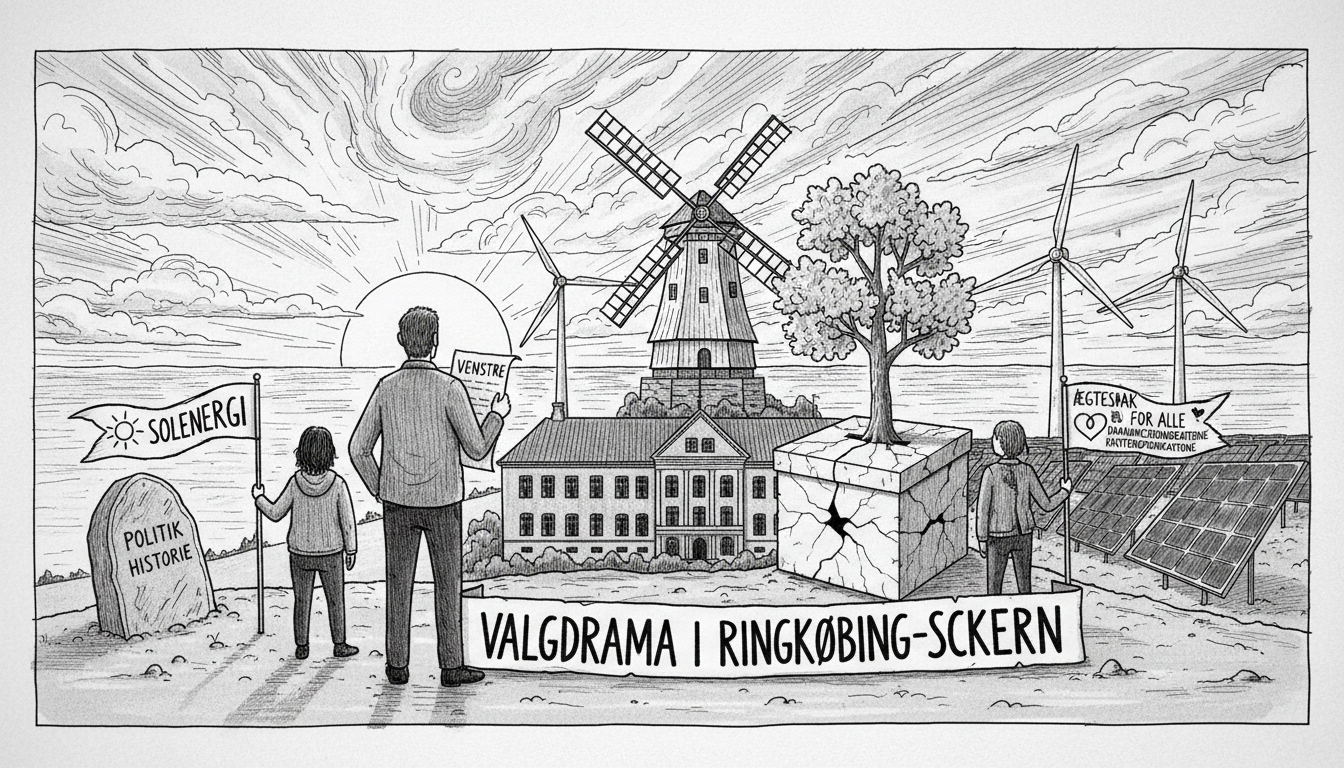A dramatic municipal election is unfolding in Ringkøbing-Skjern, Denmark. The center-right Venstre party has dominated this western Jutland municipality for generations. Now two newer political parties threaten to rewrite local history.
Denmark's Democrats and the Christian Democrats are running unexpectedly strong campaigns. They are closing in on Venstre's traditional stronghold. The election battle has centered on two key local issues. Voters are debating large-scale solar energy projects. They are also considering same-sex marriage rights in the municipality.
Political observers describe the situation as unprecedented. Venstre has maintained firm control over Ringkøbing-Skjern for decades. The municipality covers a substantial portion of western Denmark's coastline. It includes both agricultural communities and coastal towns.
Local elections in Denmark typically focus on municipal services and development. This election has taken on broader cultural significance. The competing parties represent different visions for the region's future. Some favor traditional values and cautious development. Others push for renewable energy expansion and social liberalization.
What makes this election particularly noteworthy? Smaller Danish municipalities rarely see such competitive races. The established parties usually maintain comfortable majorities. This contest shows changing political dynamics in rural Denmark. Voters appear more willing to consider alternatives to traditional power structures.
The counting continues through the night. Election officials expect final results by morning. The outcome could signal a political realignment in western Jutland. It might also influence how national parties approach local campaigning elsewhere in Denmark.
Municipal governments in Denmark handle important local services. They manage schools, elderly care, and local infrastructure. Ringkøbing-Skjern's election could reshape how these services are delivered. The winning coalition will determine the municipality's direction for the next four years.
Danish local elections typically see high voter turnout. Citizens recognize the direct impact municipal decisions have on daily life. This election's competitive nature has generated unusual interest. It demonstrates that even traditionally stable political landscapes can experience sudden shifts.

